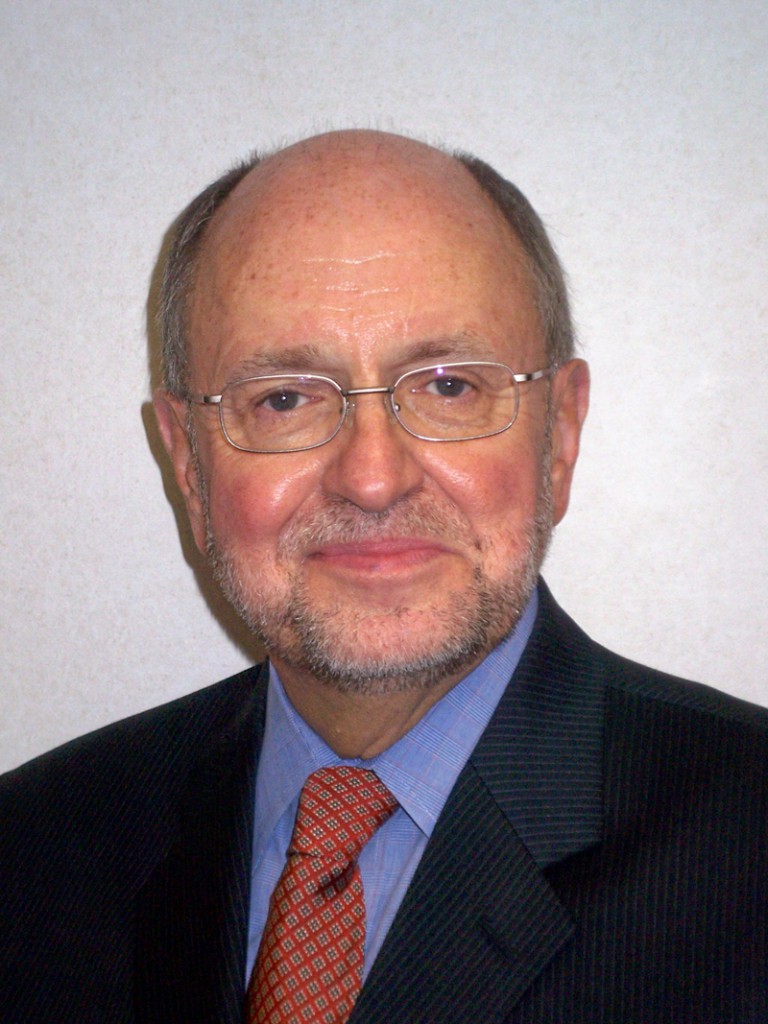
By John Porter
“May you live in interesting times.”
While the origin of this quote is somewhat disputed, it became prominent in the late 19th century as words from Joseph Chamberlain, a British politician and statesman. Chamberlain clarified saying, “I never remember myself a time in which our history was so full, in which day to day brought us new objects of interest, and … new objects of anxiety.”
As to the fullness of our history, I think back to Chamberlain’s death in 1914, three years after my father and one year after my mother were born. I am continually amazed at the changes my parents saw during their time on earth — what they experienced and what they endured.
During my parents’ lifetime, manned flight literally took off following the Wright brothers’ first flight in 1903 to man walk- ing on the moon in 1969. Communications grew from mainly written letters to cell phones and email. Information, once spread by newspapers and later radio and television, became instantaneous with the advent of the Internet.
Even modern conveniences that are now taken for granted — electricity, refrigeration, indoor plumbing and cars — changed dramatically during my parents’ lifetime. Within a few years be- fore and after their deaths, we moved from an economy that was agrarian to industrial and now to one based on technology and information. That’s in just a little over 100 years. Wow.
Likewise, my parents’ generation endured some hardship and difficulties. They lived through two world wars, numerous other conflicts, the Great Depression, other economic setbacks and important yet unsettling social change and
societal influences their parents couldn’t have imagined. Theirs has been called the Greatest Generation for good reason.
Likewise, my generation has experienced its share of change, some of which parallels and extends on my parents’ experience. The speed of technological growth is unfathomable. Research for my column is a fingertip away — and to think I toiled for hours in the library for college research papers.
News is instantaneous and probably more than we need. And the expectation from others for an immediate response is almost scary.
But the positives of this growth outweigh the negatives and the inevitability requires not only an acceptance, but also a need to embrace change and determine how it might make us, our nation and our world better.
But with all the positive that has happened, all the growth that has taken place and all the promise for the future, we continue to lag behind in addressing some larger, longer term and most vital issues of our time. While progress certainly has been made in a number of areas, we have yet to adequately and systemically address issues which continue to negatively impact our nation and stand in the way of making us all that we could be — issues such as poverty, racism, educational disparity, sexism and inequality, to name a few.
I’d like to believe the American Dream is alive and well — and for many it is. But for a large number of our neighbors, it is and will always be just a dream. The poverty rate in this country has been at approximately 14.8 percent of the population for the past three years, according to the U.S. Census Bureau, rising from a constant 12 percent over the previous 40 years, all during a time of unprecedented economic growth. The large middle class struggles day to day to provide a better life for their families.
While great strides were made in the extension of civil rights during my youth, we seemingly have taken steps backwards since the late 1970s. Add other social issues and we seem to further polarize our already divided nation.
I believe our inability to address these larger issues is not for lack of trying for most of us. We are a nation built around election and budget cycles, which can hamper opportunities to address larger, more intricate and more difficult issues.
While short-term programs certainly are needed to address the day-to-day survival of many of our neighbors, we need to take a step back to look at the major issues impacting our society in a broader, more comprehensive and more strategic way to have a more meaningful and lasting impact. This type of change both takes longer to implement and longer to realize — time we’re not used to allowing in today’s world.
The decision comes down to the need to think differently — a bit longer term — to determine what is important for generations to come. We have an opportunity to make a difference, and our nation has proven we can do what we set our minds to.
We are living in interesting times. Let’s learn from our past to not be “doomed to repeat it,” as cautioned by Winston Churchill.
The writer is the president and CEO of ACT for Alexandria.










